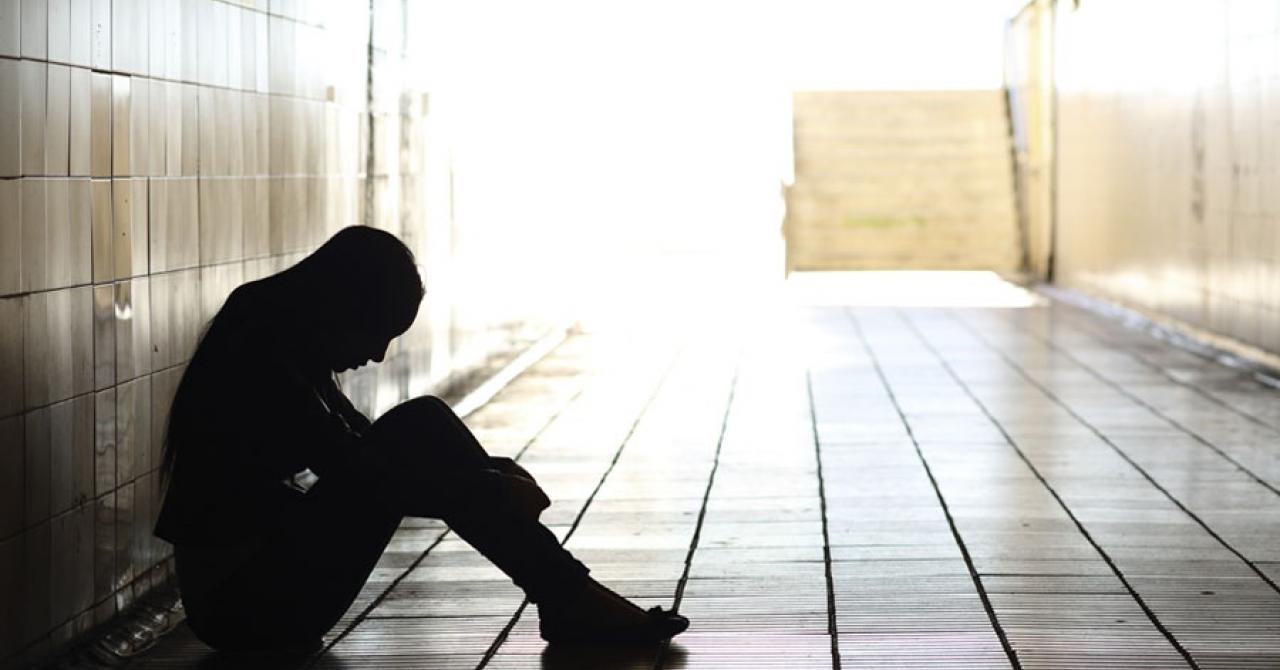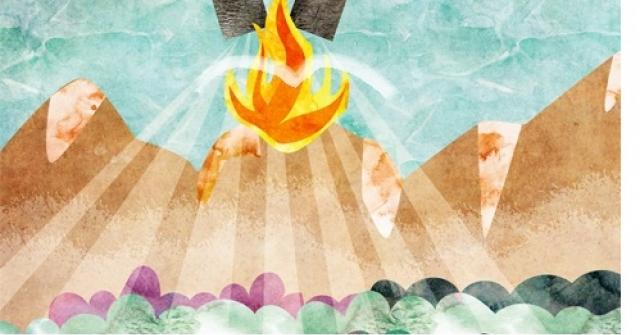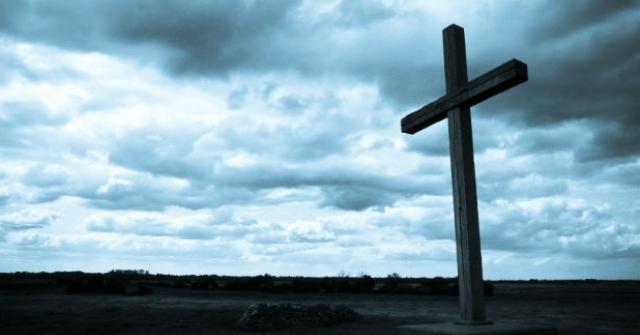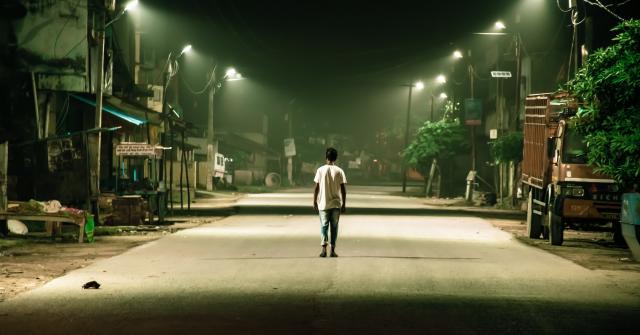
Easter: Breaking the Vicious Cycle of Social Isolation Christ is risen!
The resurrection of Jesus broke the vicious cycle of social isolation. Lacking social connections can be as damaging to our health as smoking 15 cigarettes a day, according to the Havering London Borough. A study reported by Dr. John Cacioppo revealed that living with social isolation is more threatening to our lifespan than excessive drinking, obesity, or air pollution. Social isolation is an internal feeling of the lack of meaningful relationships with others.
Isolating tendencies and behaviours don’t show up only in people who’ve experienced emotional trauma leading to an overly cautious approach to relationships. It is not just the domain of people who struggle with addiction. It is not only a result of physical or mental limitations, either. Neither is social isolation just about a lack of time or energy to engage in community activities. Unfortunately, social isolation lives within the human heart. It is an intrinsic human tendency to run away, in self-justifying ways, even from those who want to do good to us. The genesis of social isolation and its destructive powers started in the garden of Eden, where humanity’s story began.
Fear and shame made Adam and Eve run away and hide from God, the very source of love. It was God’s initiative to look for them and to call them out of their isolation:
"Then the man and his wife heard the sound of the LORD God as he was walking in the garden in the cool of the day, and they hid from the LORD God among the trees of the garden. But the Lord God called to the man, “Where are you?” He answered, “I heard you in the garden, and I was afraid because I was naked; so I hid.”
Isolating tendencies became part of the human DNA the moment Adam and Eve chose to listen and believe the serpent’s lie: “Did God really say, ‘You must not eat from any tree in the garden?’ … God knows that when you eat from it your eyes will be opened, and you will be like God, knowing good and evil.” Genesis 3:1-4
There was a tragic loss described in the verses above. Adam and Eve, who represent humanity, lost an intimate and fulfilling relationship with God. This loss is called “the Fall”. Genesis tells us that in the cool of the day God walked with Adam and Eve! Could an experience be more fulfilling than Adam and Eve walking and talking every day in a garden with the God of love?

This picture is the ultimate expression of harmony in relationship. It is a state of worship and adoration. It is God’s Shalom.
In our everyday lives, we too see that the pattern of isolation starts with a choice to listen to and to believe something that God did not say. This sets us into a trajectory of running away from others and from God and can eventually lead us to physical death. During a social isolation group discussion, I remember hearing the story of an attractive and successful gentleman who shared that he stopped going to church because he thought that people felt sorry for him sitting alone at church, while he was going through a divorce. Satan was using his crisis to tell him lies like: “You are a failure and people can see it.” His human response was to run away and hide. A few other men in the focus group, who knew him well, shared that he was not perceived as a failure at all. If anything, they told him they missed him and that he was perceived as a man who had a beautiful daughter and had his life together. This gentleman felt healed by this interaction. When we listen, God can speak truth through our community.
The life, death, and resurrection of Christ shows the way to resist and overcome isolation. Jesus experienced all the systemic and individual causes of isolation, some of them being:
1. Fear of the future
While praying at the Garden of Gethsemane, Jesus was overwhelmed with fear. His coping mechanism was to seek solitude ("…he went a little further") and talk to his Father with deep trust, still expecting good things from him.
“Going a little farther, he fell with his face to the ground and prayed, ‘My Father, if it is possible, may this cup be taken from me. Yet not as I will, but as you will.’” Matt 26:39.
Let’s face our deepest fears about God’s will or a future painful social interaction, in the same way that Jesus did. Let’s seek solitude, maybe in another garden, to talk vulnerably to the Father, naming our desires and expecting good things from Him, while open to His higher plans for us. When overwhelmed by fear, Adam chose isolation from God in the Garden of Eden. In the Garden of Gethsemane, Jesus chose to remain close to God.
2. Betrayal from his close friends Peter and Judas
Jesus did not dismiss their friendship, even though he knew what they would do. He kept including both men in the group dinners until the end. Jesus even received Judas’ kiss while trying to help him notice what he was about to do: “Judas, are you betraying the Son of Man with a kiss?” Luke 22:48. When bitten by an anticipation of betrayal, let’s give our friends the benefit of the doubt until the end. Only time will tell if we are dealing with a Judas or with a Peter, who at the end will show his or her love for us and further our cause. “Again Jesus said, 'Simon son of John, do you love me?' He answered, 'Yes, Lord, you know that I love you.' Jesus said, 'Take care of my sheep.'” John 21:16
3. Institutional injustice
When being physically abused and unjustly condemned by the religious and political authorities of his time, Jesus did not identify himself as a victim. “No one takes [my life] from me, but I lay it down of my own accord. I have authority to lay it down and authority to take it up again. This command I received from my Father.” (John 10:18). When self-pity or feelings of victimization take over our minds, let’s remember and name the one who is ultimately running the show: God.
4. Abandonment
When feeling abandoned by his Father, Jesus kept communicating with him, honestly sharing his feelings: “My God, my God, why have you forsaken me?” (Matt 27:45-46)
5. Deep shame
While crucified, and naked like Adam was, Jesus did not choose to get off the cross to vindicate himself. He took on the guilt and shame that was ours, and with his last bit of energy talked to his father: “Jesus called out with a loud voice, ‘Father, into your hands I commit my spirit.’ He had said this, he breathed his last." (Luke 23:44) When we feel exposed in a shameful situation, let’s resist the temptation to justify ourselves, and trust God to vindicate us. At the cross, shame lost the power to separate Jesus and us from the Father.
The key to resisting isolation is to keep talking and listening to the Father like Jesus did. Despite fear, betrayal, institutional injustice, feelings of abandonment and shame, Jesus kept facing and calling to the Father. Eventually, his human relationships were restored and the disciples proved their love and loyalty to him. Many of them endured horrible torture for the love of Jesus.
Let us all come to the cross and to the empty tomb every time we feel the pain and shame of isolation. If we are already followers of Jesus, let’s remember that there is not shame in disclosing feelings of isolation to God and to our brothers and sisters. At the cross, isolation loses its stigmatizing power. In the naked Jesus hanging at the cross, shame died. The first step to face the shame of isolation is to talk about it vulnerably in safe places—in places where there will be friends who can listen and pray without judgement or condemnation.
Jesus’ resurrection is the new beginning where we can go back to intimacy with God, each other, and nature. Christ is Risen!
Resources
- Facts Sheet on the impact of social isolation in connection to mental health
- Dr. John Cacioppo has done extensive studies on social isolation. He summarizes his research in a TEDx talk, "The Lethality of Loneliness".
- Many of his scholarly articles can be found in the American Psychological Association, including:
- To book a group discussion, lecture, or sermon around social isolation and faith, email Claudia Rossetto at unity@missioncentral.ca







